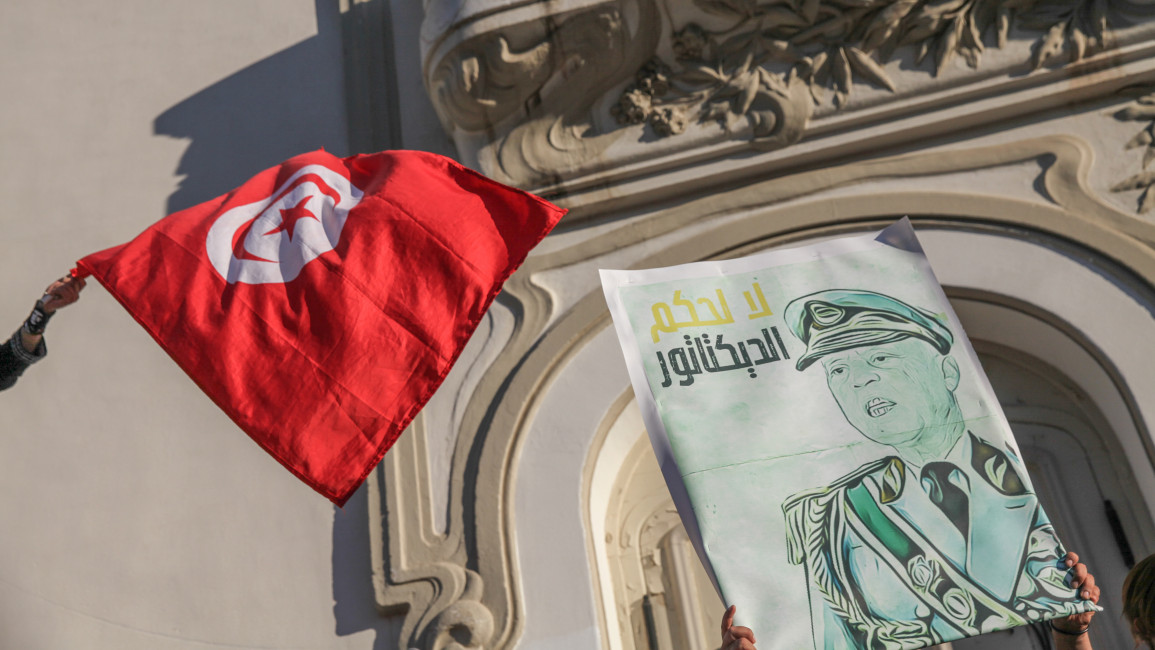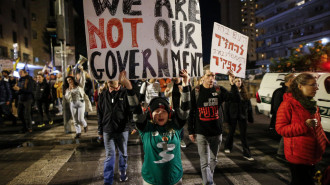Tunisia's administrative court reinstates Kais Saied's 'disqualified' election rivals, restores hope for a 'democratic' race
In Tunisia, a court has reinstated three disqualified candidates to the presidential race, overturning earlier disqualifications made by the Independent Higher Election Authority (ISIE), which has been widely perceived as pro-President Kais Saied.
On 30 August, the Tunisian Administrative Court granted an appeal to Imad Daimi, a candidate for the 7 October race who was initially barred due to insufficient ballot signatures.
Daimi, who lived in exile during the Ben Ali regime, returned to Tunisia after the revolution and held several positions in Parliament before President Kais Saied suspended the elected body in 2021. He now leads the Al-Harrak party, which is part of the anti-Saied Salvation Front, a coalition of opposition parties.
The court's decision adds Daimi to a list of legally accepted opposition candidates, including Mondher Zenaidi, Abdellatif Mekki, Ayachi Zammel, and Zouhair Maghzaoui. Earlier this week, the court also reinstated Zenaidi and Mekki, whose candidacies had similarly been rejected by the ISIE.
"[The court's decision] restores hope to the Tunisian people for a free and fair election," stated Mekki's campaign on its official page. The campaign also called for an end to politically motivated legal actions against candidates and the release of political detainees.
According to Human Rights Watch (HRW), Tunisian authorities "have prosecuted, convicted, or imprisoned at least eight prospective candidates" for the upcoming election in October. However, the administrative court rejected an appeal by Abir Moussi, a jailed would-be candidate and a staunch critic of Saied.
The ISIE, which barred 14 people from standing for president, is expected to announce a final list of candidates next week.
The administrative court, comprising 27 judges, including heads of cassation, appellate, and advisory chambers, "makes decisions that are final and carry absolute authority," as emphasised by Ahmed Sawab, a former judge, in an interview with local radio Mosaique.
Despite early boycott calls, some opposition parties have urged Tunisians to actively participate in the election campaign and voting process following the court's decisions.
A 'hopeful' return to democratic values?
The opposition's goal is to prevent Saied from winning 50% in the first round and to defeat him in the run-off.
"The court's decisions revealed injustices in previous rulings and restored credibility to both the electoral process and the judiciary", said Samir Dilou, a member of the National Salvation Front.
The Front has also commended the administrative court for its significant efforts in countering Saied's attempts to punish his critics.
In August 2022, the administrative court ordered the reinstatement of 49 judges who were arbitrarily dismissed under a vague law issued by Saied. However, the Ministry of Justice has yet to reinstate any of these judges.
Elected in 2019, Saied consolidated power in July 2021 by dismissing his then-prime minister and dissolving Parliament.
He subsequently revised the constitution to establish a hyper-presidential regime and elected a new Parliament with very limited powers. His critics have accused him of staging a coup against democracy.
Now, Saied is seeking a second term in an election widely seen as corrupt.
However, the court's recent decision "has restored hope in Tunisia as a state of law and democracy", wrote Bassam Triffi, President of the Tunisian League for the Defence of Human Rights.







 Follow the Middle East's top stories in English at The New Arab on Google News
Follow the Middle East's top stories in English at The New Arab on Google News


![Lebanon after strikes [Getty]](/sites/default/files/styles/image_330x185/public/2184409977.jpeg?h=a5f2f23a&itok=7wpfQMyI)